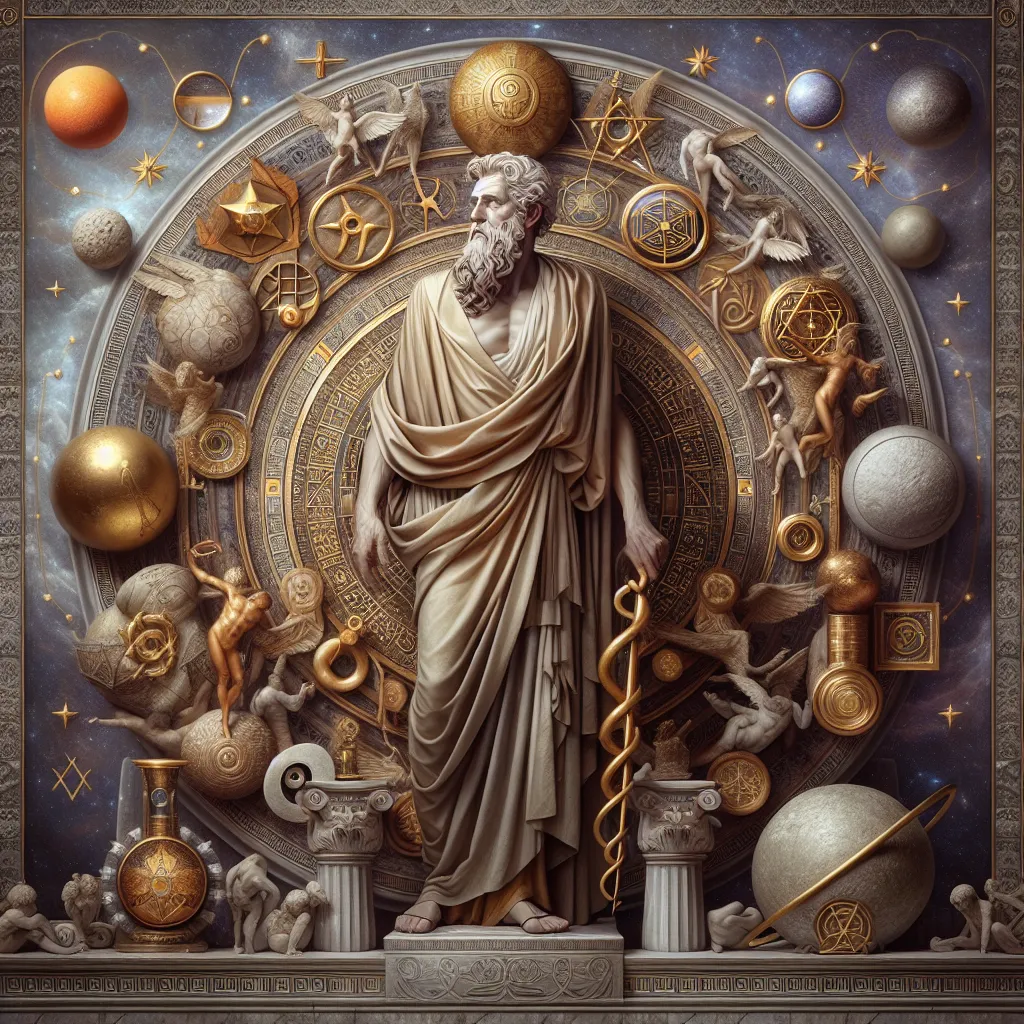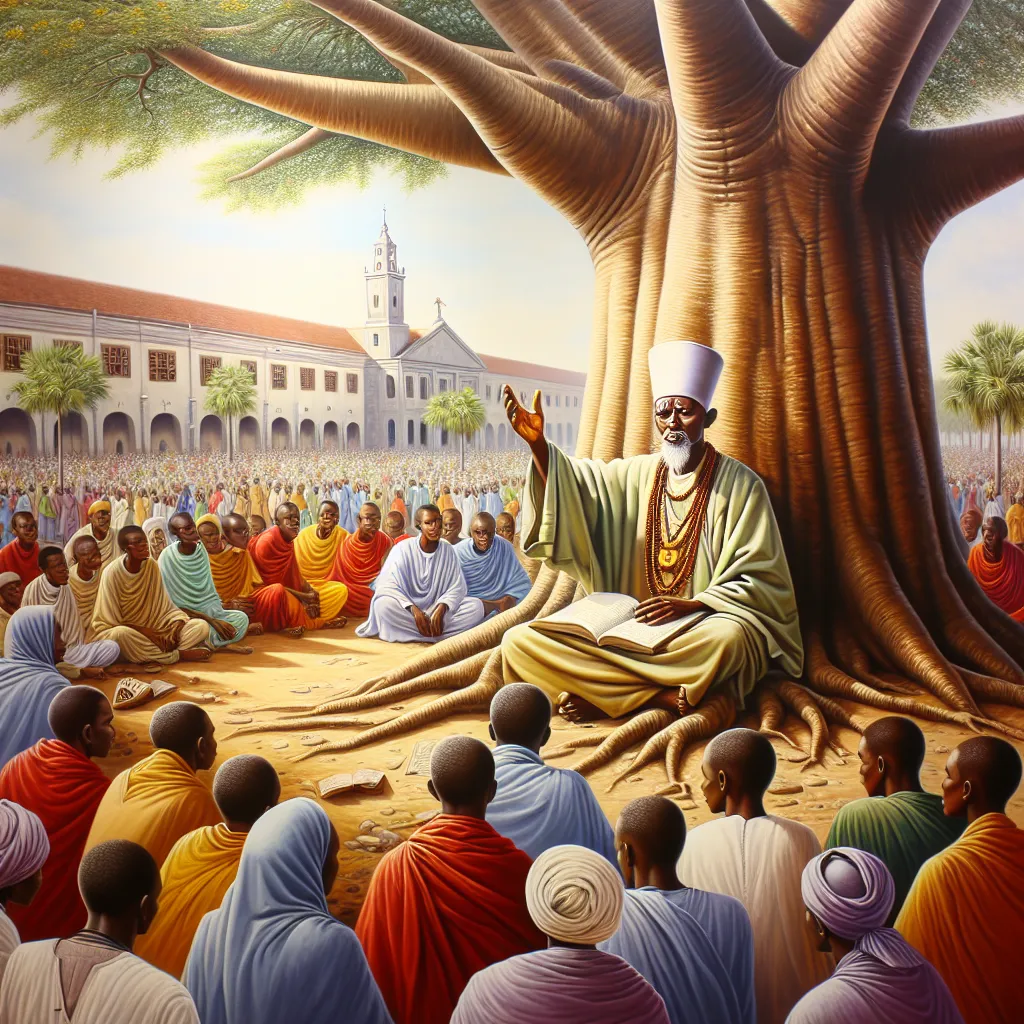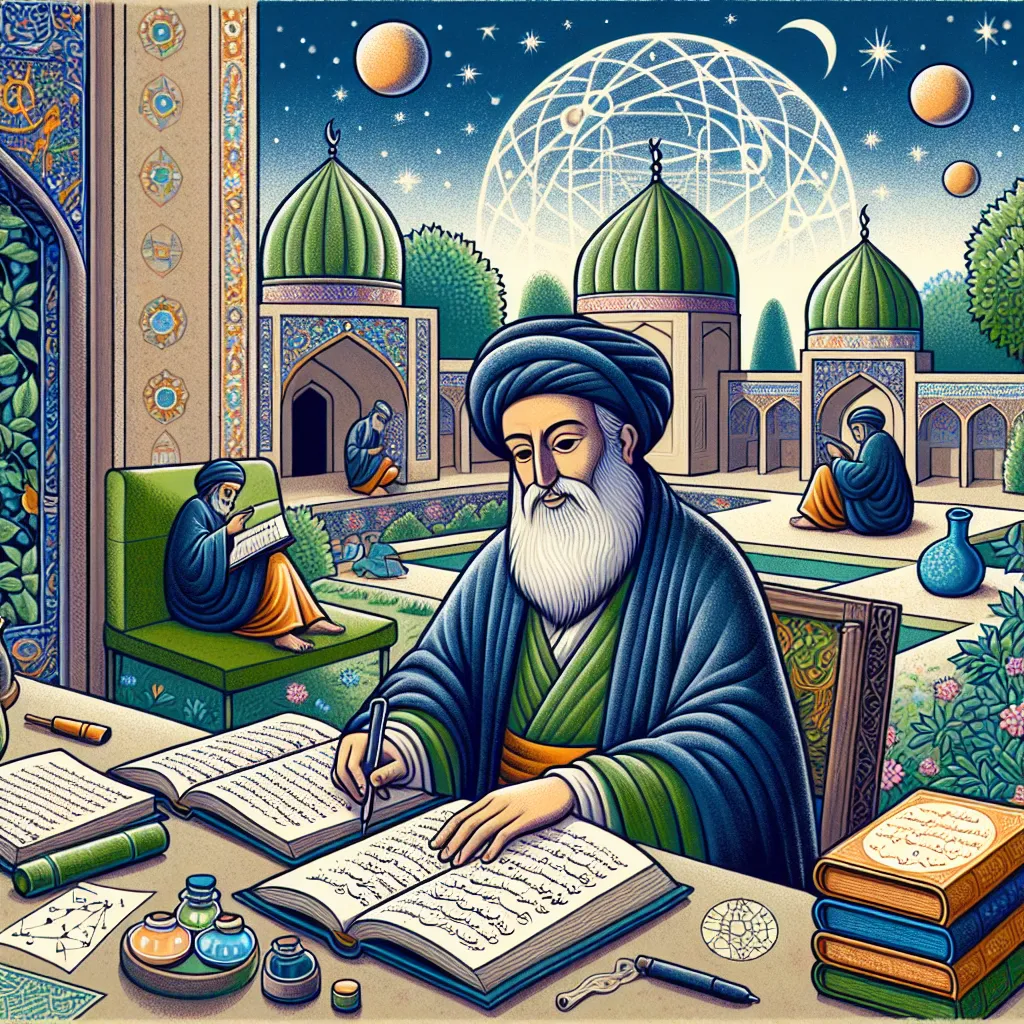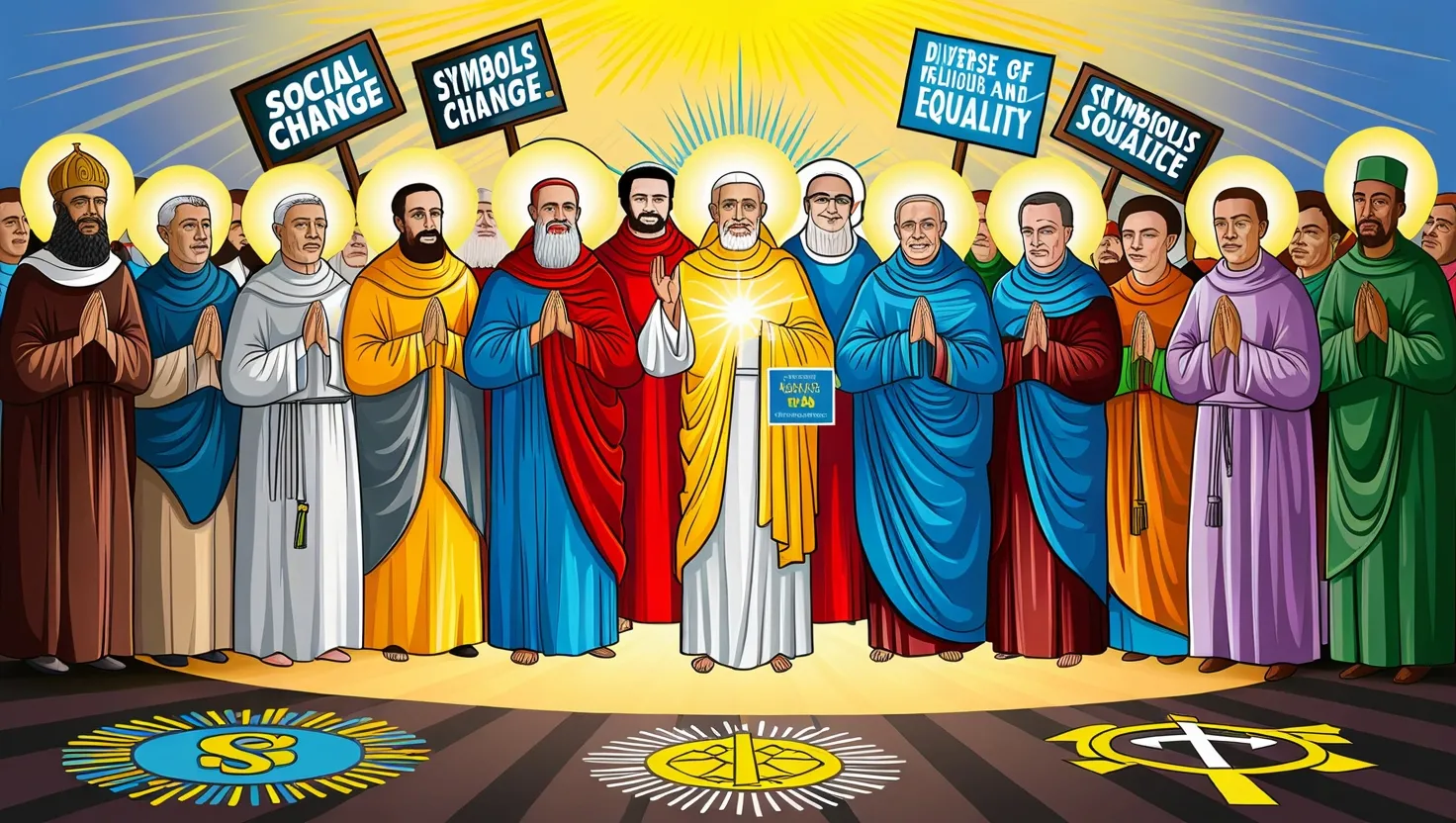In today’s world, particularly in parts of secularized Europe, being religious sometimes carries a certain embarrassment, as though it is inherently irrational or obsolete. Religion is often seen as dangerous or counter to modern ideals, but curiously, many people still describe themselves as spiritual. The phrase “I’m spiritual but not religious” is a common refrain in these societies. Skepticism towards religion tends to target Christianity more than other faiths. For many Europeans, Christianity sets the standard for what religion means, often viewed as a relic of the past, filled with irrational beliefs about a higher power watching over us.
However, Eastern religions such as Hinduism and Buddhism are often perceived differently. This likely stems from a superficial understanding of Christianity and an idealized view of these more exotic traditions. Critiques of Christianity, like the idea of a man in the sky, are often based on pop culture rather than deep theological study. Christian mysticism and theology are rich and complex, offering intellectual stimulation for those willing to delve deeper. Interestingly, many appealing concepts found in Eastern religions are also present in Christianity and other Abrahamic faiths, particularly within Christian mysticism.
One of the most intriguing figures in Christian mysticism is Meister Eckhart, a Dominican friar from Germany. Eckhart’s views were radical, positing that the soul’s and God’s grounds are indistinguishable. In his sermons and writings, Eckhart often used Middle High German to communicate complex ideas in a rich, emotional, and vibrant manner. Despite his eventual trial for heresy, Eckhart was a prominent teacher and preacher, deeply connected to the scholastic tradition influenced by thinkers like Albert the Great and Thomas Aquinas.
Eckhart’s philosophy revolves around the concept of “ground” (grunt in German), symbolizing the core of reality where the human soul and God unify. This notion is central to understanding his mystical ideas. For Eckhart, the ground of the soul and the ground of God are one and the same, suggesting an inherent unity between humanity and the divine. He saw God’s ground as the source of all being, making creation a reflection of divine reality.
Eckhart emphasized detachment from created things to achieve union with God. This detachment isn’t about renouncing the world but transcending it, reaching a state of inner emptiness that allows God to manifest fully within us. He believed that through detachment, the soul could break through to the divine ground, surpassing even traditional concepts of God as the creator.
Ethically, Eckhart advocated for living without self-will, allowing God’s will to operate through us. By doing so, a person instinctively acts virtuously, not by conscious effort but as an expression of divine will. Despite controversies, Eckhart’s teachings left a significant impact and continue to inspire both within and beyond Christian circles. His ideas resonate with themes in other mystical traditions, offering a bridge between diverse spiritual perspectives.
Eckhart’s blend of theology, philosophy, and mysticism makes him a unique figure in history. He defies easy categorization but remains a profound source of intellectual and spiritual inspiration. Whether considered a philosopher, theologian, or mystic, Meister Eckhart’s legacy invites us to explore the depths of our own spiritual and intellectual potential.






